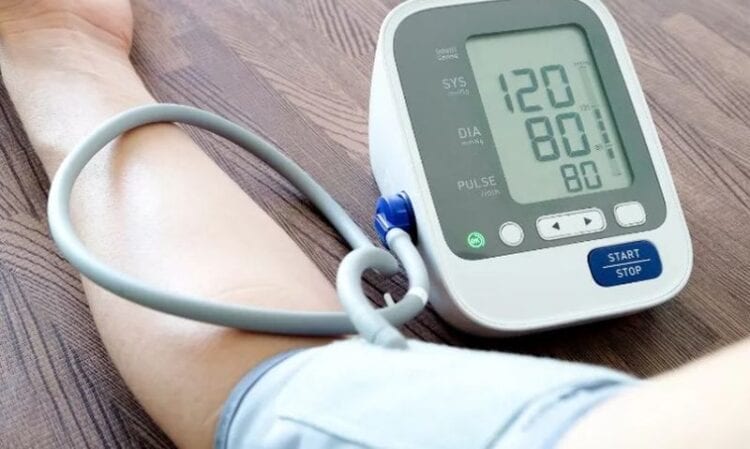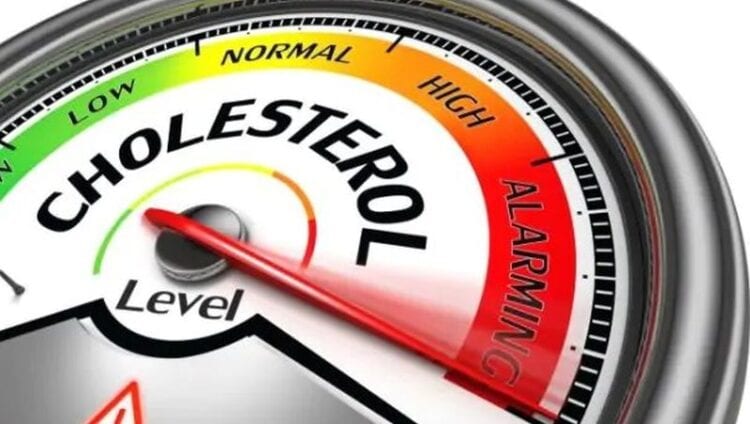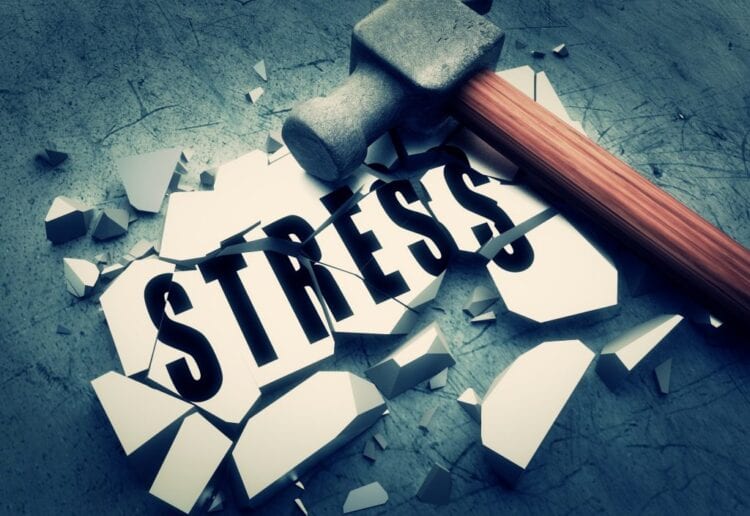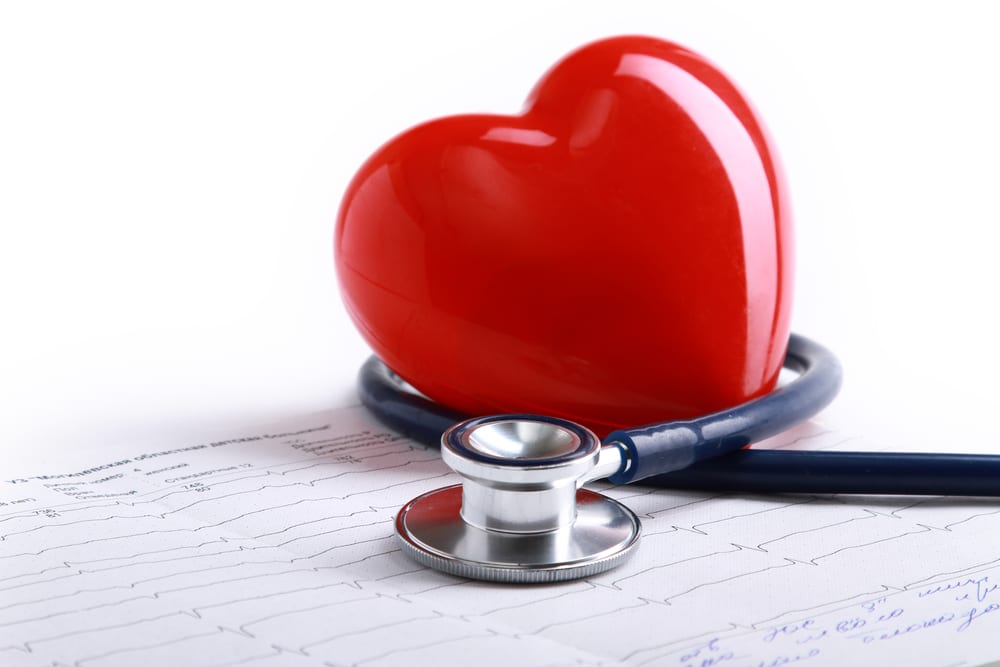Heart disease is one of the leading causes of death all over the world. Yet most of us aren’t aware of it and don’t protect ourselves from it. It’s true; heart disease can be wholly prevented. However, some factors like age make it a surety. Heart disease is a serious problem that increases the chances of a sudden stroke, organ failure, and death, and symptoms include shortness of breath, swelling, chest pain, and more.
There can be various ways you can become susceptible to this disabling condition, including obesity, genetics, gender, and race too. Any of these can be a cause of heart disease at an early age. And mostly you can do something about it with a little precaution and prevention starting early. Here are some useful and practical tips on preventing heart disease or lowering the risk of stroke if you are diagnosed with it:
Monitor Blood Pressure

High blood pressure is directly connected to experiencing a stroke. It is imperative for cardiovascular disease patients to keep their blood pressure in check and maintain it. If you suffer from high blood pressure, its best to take precautions and ask your doctor for medications to keep it in control. Too much stress, anger, or anxiety are also directly related to inducing high blood pressure.
Keep Cholesterol in control

High levels of cholesterol is a disease that can link to other health deteriorating conditions. When cholesterol is induced in increased amounts in the body through saturated fats, it can decrease or eliminate blood flow in blood vessels. This can create a clear path for the body to experience stroke, acquire heart disease, and develop diabetes or high blood pressure. Cholesterol can also be genetic but can be prevented with the right care and treatment plan.
Acquire Screenings
Establishing how adverse elevated conditions of cholesterol and blood pressure can be for your heart, its best to get the right amount of screenings for them just to be sure and out of danger. Blood pressure screenings can be started from the age of 18 if there is a risk factor, and annual screening can be acquired to stay in the clear. As for cholesterol, it can be screened every two to four years if you have risk factors and more often at middle age.
There is also another factor called diabetes that can influence heart disease and can be monitored every three or so years if there is obesity or family history.
Create a Healthy Regime

You know what they say, a healthy body preserves a happy heart. This may be a common saying but contains great meaning and significance. The heart is the middle of a human body that needs the correct nutrition and healthy exercise to keep it running. Hence, to steer clear of any heart-related problem such as disease, stroke, and so on, a healthy daily regime is essential.
If you want to maintain a healthy heart, you must follow a healthy diet and cut off damaging foods and overweight. A healthy diet can contain whole grains, healthy fats, fat-free or low-fat products, vegetables and fruits, lean meats, and beans. A great stimulant is cannabis that can play a significant role in keeping heart disease at bay. Try it in the raw or oil form to get the full benefits. With a little research, you can get this collection from reliable sites.
Another piece of advice would be to have at least a moderate active routine, including light exercises and moving around than excessive sitting. Daily Walking and jogging help keep away from heart disease.
Never Form a Smoking Habit

Smoking can truly destroy a person once it becomes a habit. It is also related to heart disease and strokes. Smoking regularly while using chemicals like tobacco and other destructive substances, can decrease the supply of oxygen in the blood vessels. And this phenomenon becomes responsible for raising blood pressure as the heart now has to work harder to pump blood due to the deduction of oxygen. So a smoker is at great risk of heart disease, and so is another person that uses drugs or drinks more than two alcoholic beverages a day. However, quitting smoking and going day by day without it decreases the chances of heart failure gradually, and after a year, there is much less of an impact.
Improve Sleep

Along with a healthy diet and regular exercise, constructive sleep is another essential constituent that forms a healthy lifestyle. Taking lesser sleep can put you through not only discomfort throughout the day but increases your chances of heart disease. Unfinished sleep (less than 7 hours) or staying up for late hours can have diverse effects on the body and mind, including depression, high blood pressure diabetes, stroke, and more.
Irregular or disturbed sleep can also cause these problems and make you feel tired all day beyond usual. Improper sleep can come from a condition called sleep apnea, where the symptoms are loud snores, shortness, and gasping of breath. This condition is also directly related to heart disease, so its best to consult a health physician if experienced.
Rid Stress

As mentioned above, stress can also cause heart problems. And if other unhealthy activities are practiced with it, like drinking, smoking or unhealthy eating, it can become even more of a threat. Stress can be due to overworking or come after the feelings of anger or anxiety. It can increase the blood pressure and become the cause of a stroke if not controlled.
Stress is a natural phenomenon in the brain. There are many ways to cope with stress, including choosing a healthy lifestyle and better choices for yourself in every aspect. Eat, drink, and live healthily. Exercise, meditate and focus on happy things in life. Try to stay as content as possible, have people to talk frustrations to, or consult a psychiatrist for more help.

Learn the Signs
Heart attacks are sudden and can cause death instantly. If a person experiencing a stoke is unable to call for help, he/she can be deceased without any chances of resurrecting. To stay on the safe side and never let this happen to you, learn to interpret the signs of heart failure if you have a family history or increased chance due to age. Make sure that the right people or calling equipment is always close to you so that no mistakes are made, and health care is approached immediately.

